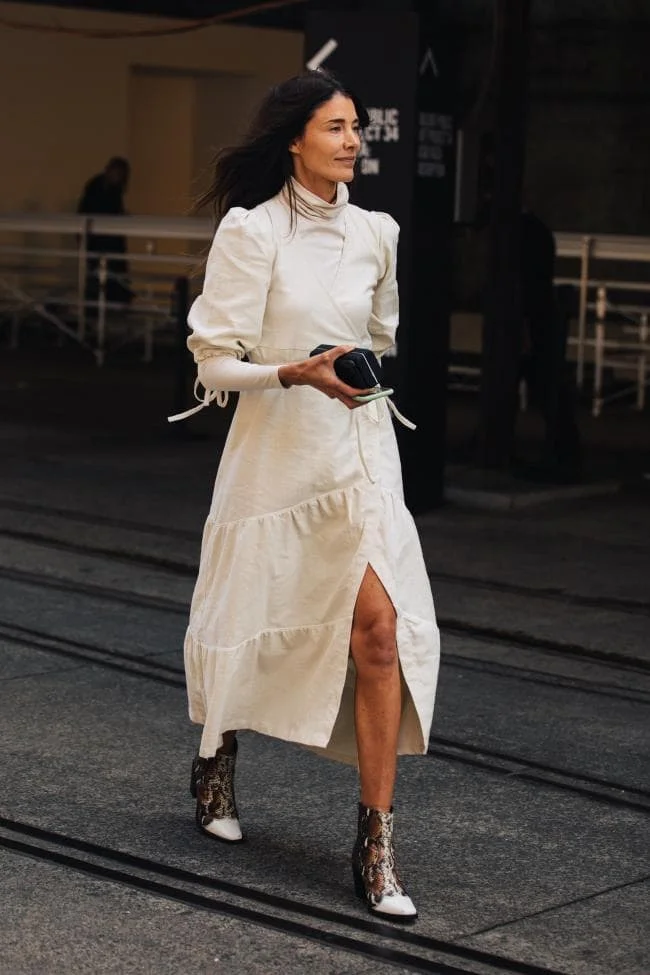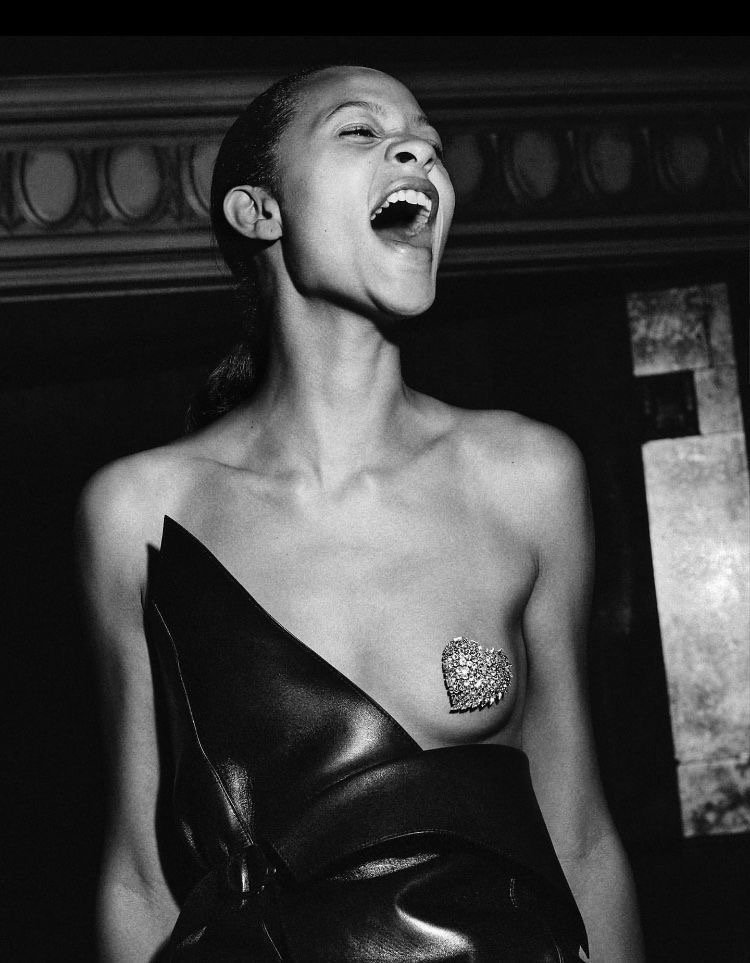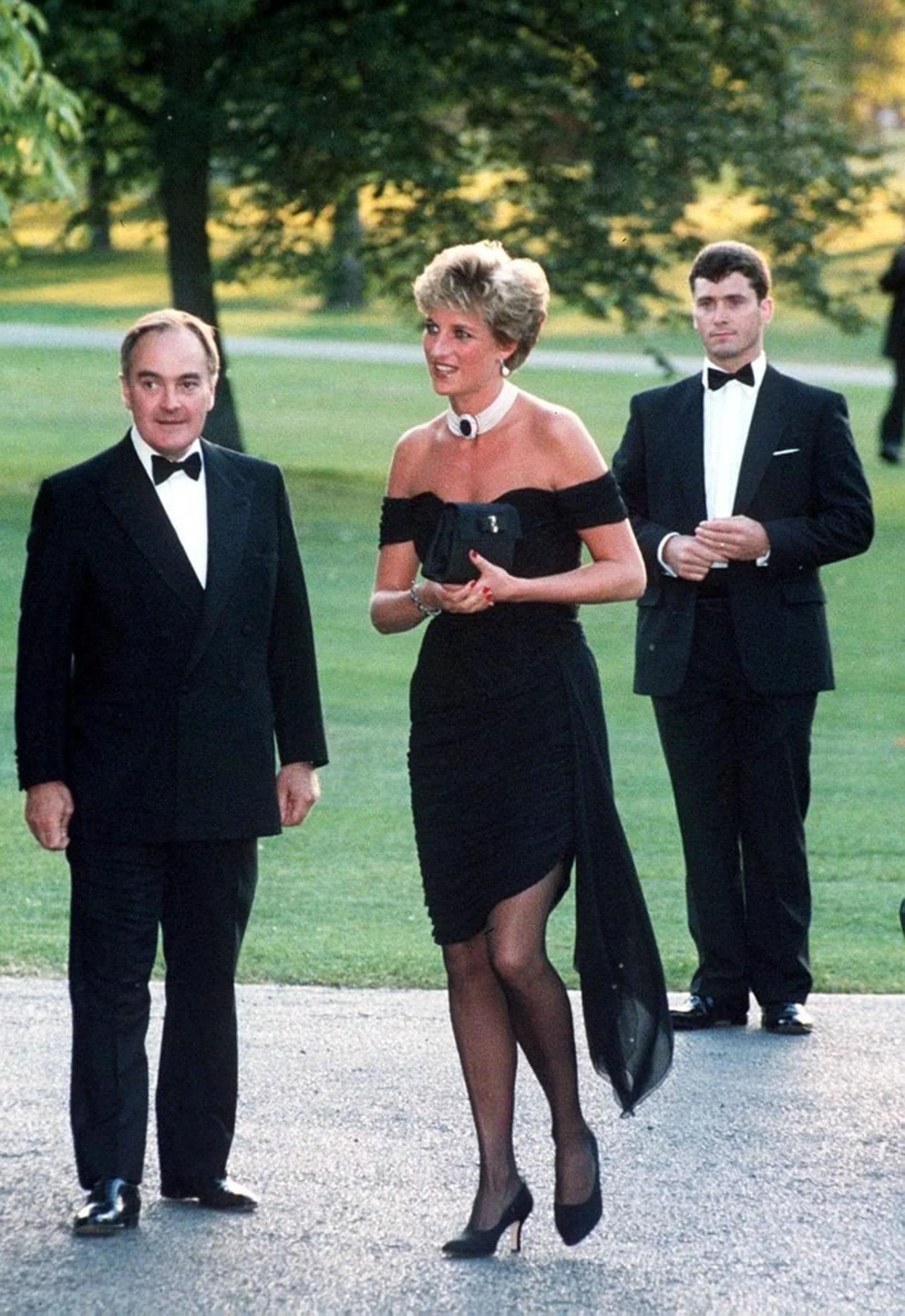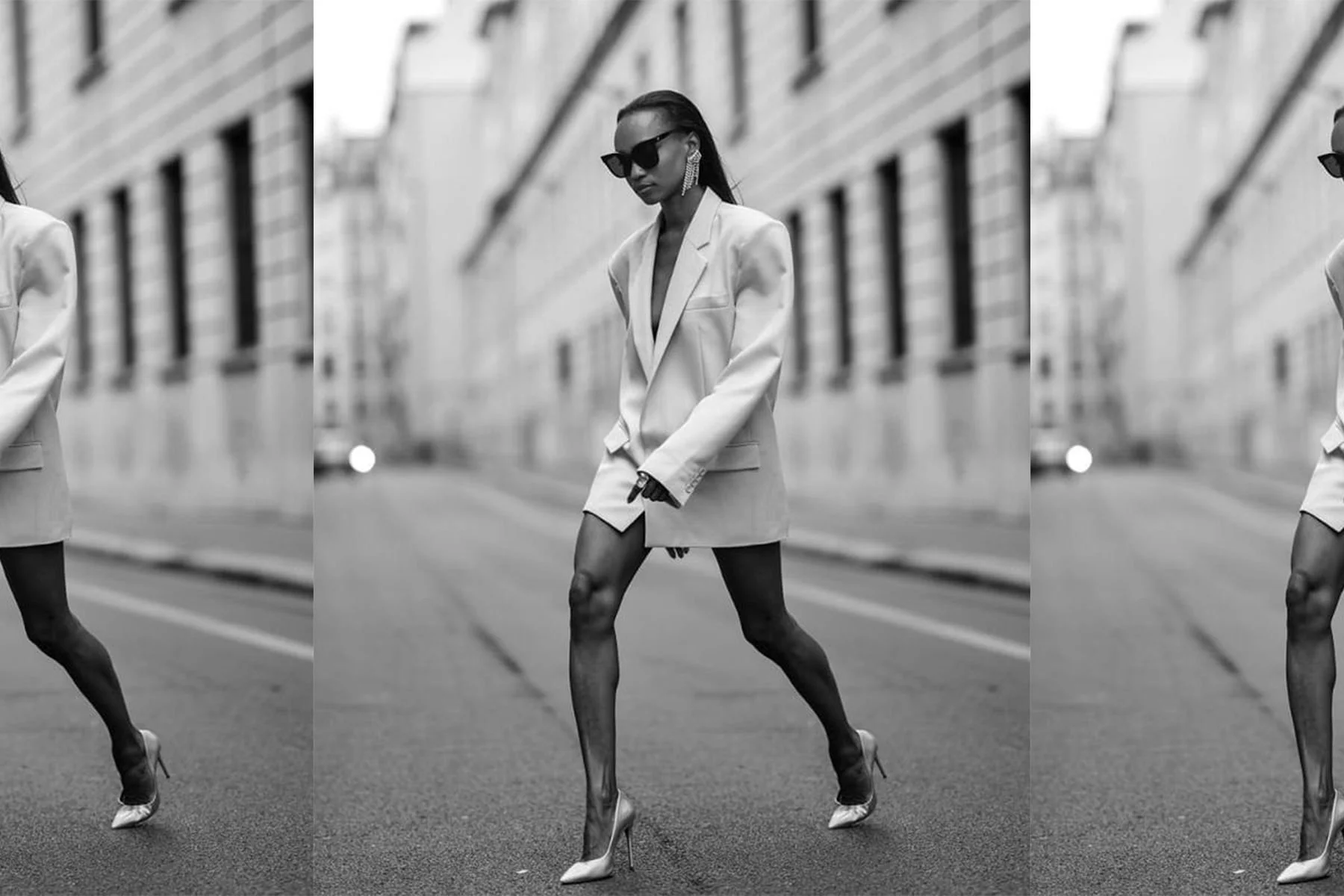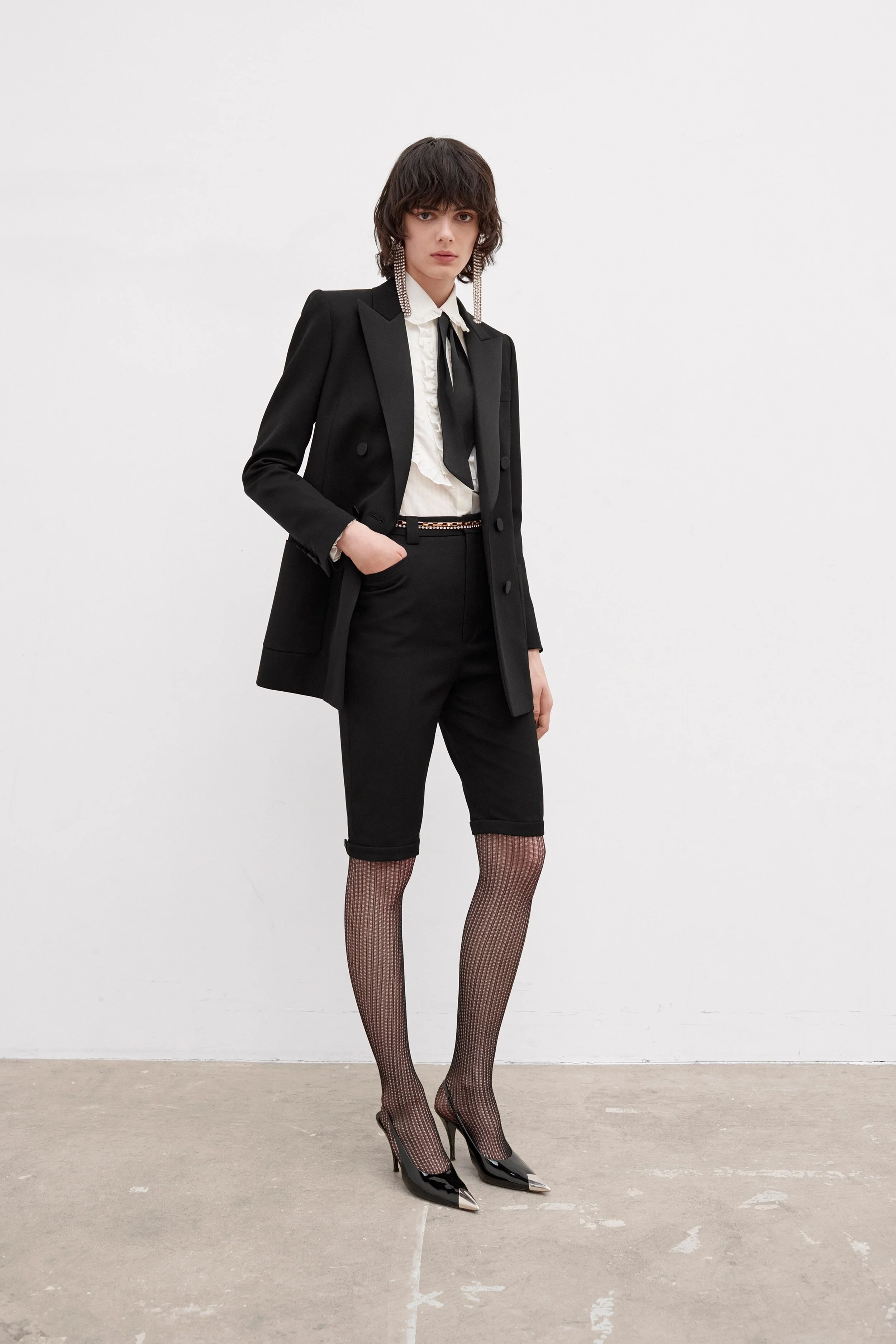
Chanel hired first openly transgender model for a campaign. Teddy Quinlivan announced on Instagram Monday.
"My whole life has been a fight," she wrote on Instagram. "From being bullied at school consistently, kids threatening to kill me and going into graphic detail how they were going to do it, my own father beating me and calling me a fagot, to receiving industry blowback after speaking publicly about being sexually assaulted on the job... This was a victory that made all of that s*** worth it."
View this post on InstagramA post shared by Theodora Quinlivan (@teddy_quinlivan) on
The 25-year-old walked runway shows for Chanel before coming out as transgender in 2017. She assumed she would no longer be able to work with the design house after coming out. "But here I am in Chanel Beauty Advertising," she wrote. "I am the first openly trans person to work for the house of Chanel, and I am deeply humbled and proud to represent my community."






